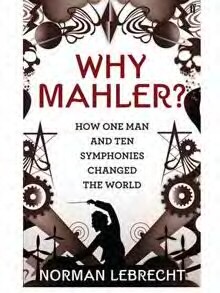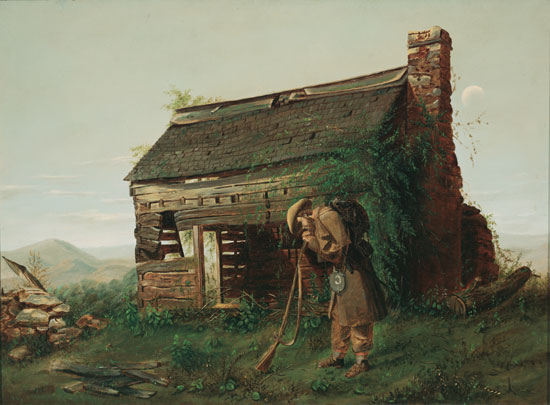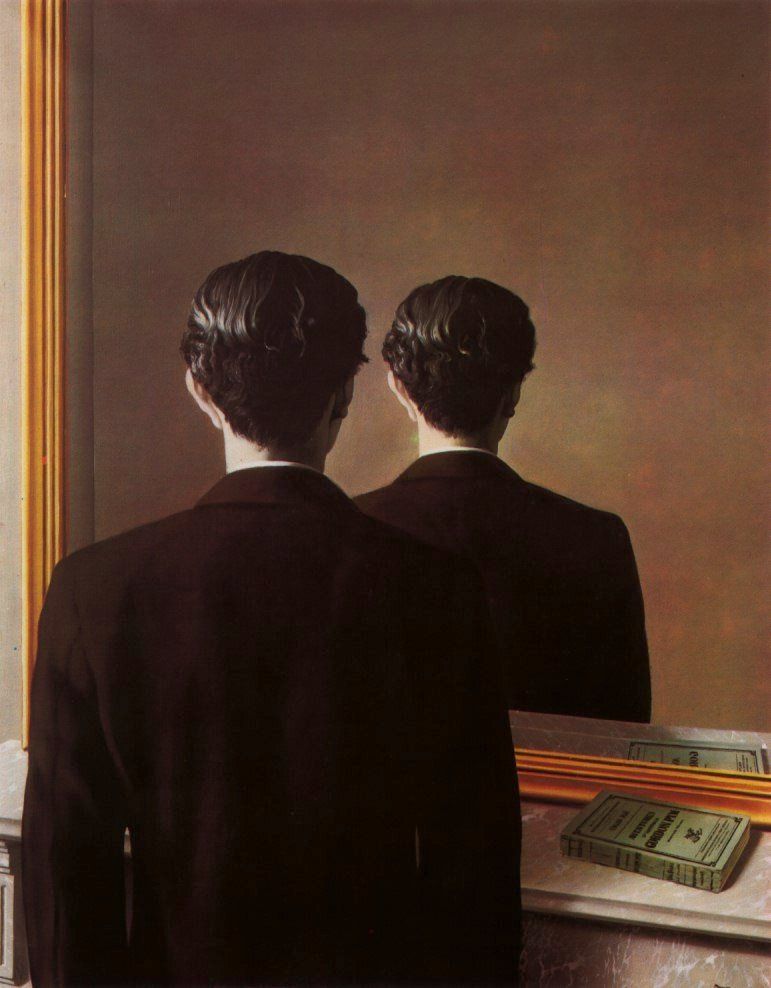Tea is for Tribe: It’s About Race, Stupid!
Back when only the founding population had suffrage, the opposing political factions were often organized around alternative philosophies of government. Even then, ideologies were often stalking horses for individual, regional, occupational, or denominational agendas. Within the past century, both these sincere ideological differences and parochial interests have been overshadowed by a new force in American politics: tribalism. The concomitant empowerment and demographic explosion of identity groups competing and conflicting with White American interests created a series of tectonic shifts in the fault lines beneath the surface of the American political landscape.
White Americans have a taboo against pursuing their group interests and an affinity for ideals and abstractions. They also retain the fiction that their representatives are beholden to them, despite a wealth of evidence to the contrary. In light of these factors, the ambitious politician seeking White votes is beset with the task of parroting a rhetoric that is rooted in abstract ideology, yet aligned with White American group interests. Once elected, it’s then in his interest to renege on both his implicit and explicit promises, as the lobbyists swarming around him pay more and pay more attention. Read more









